I don’t know about you, but I’m excited for the resurgence of the road trip.…
Why overtourism matters and what to do about it
Let’s talk about the elephant in the travel industry: Overtourism.
If you live in a tourist town, you know what I’m talking about—you avoid certain streets on the weekends and holidays due to gridlock traffic; constantly swearing under your breath as you circle the block yet again to battle it out for a parking space.
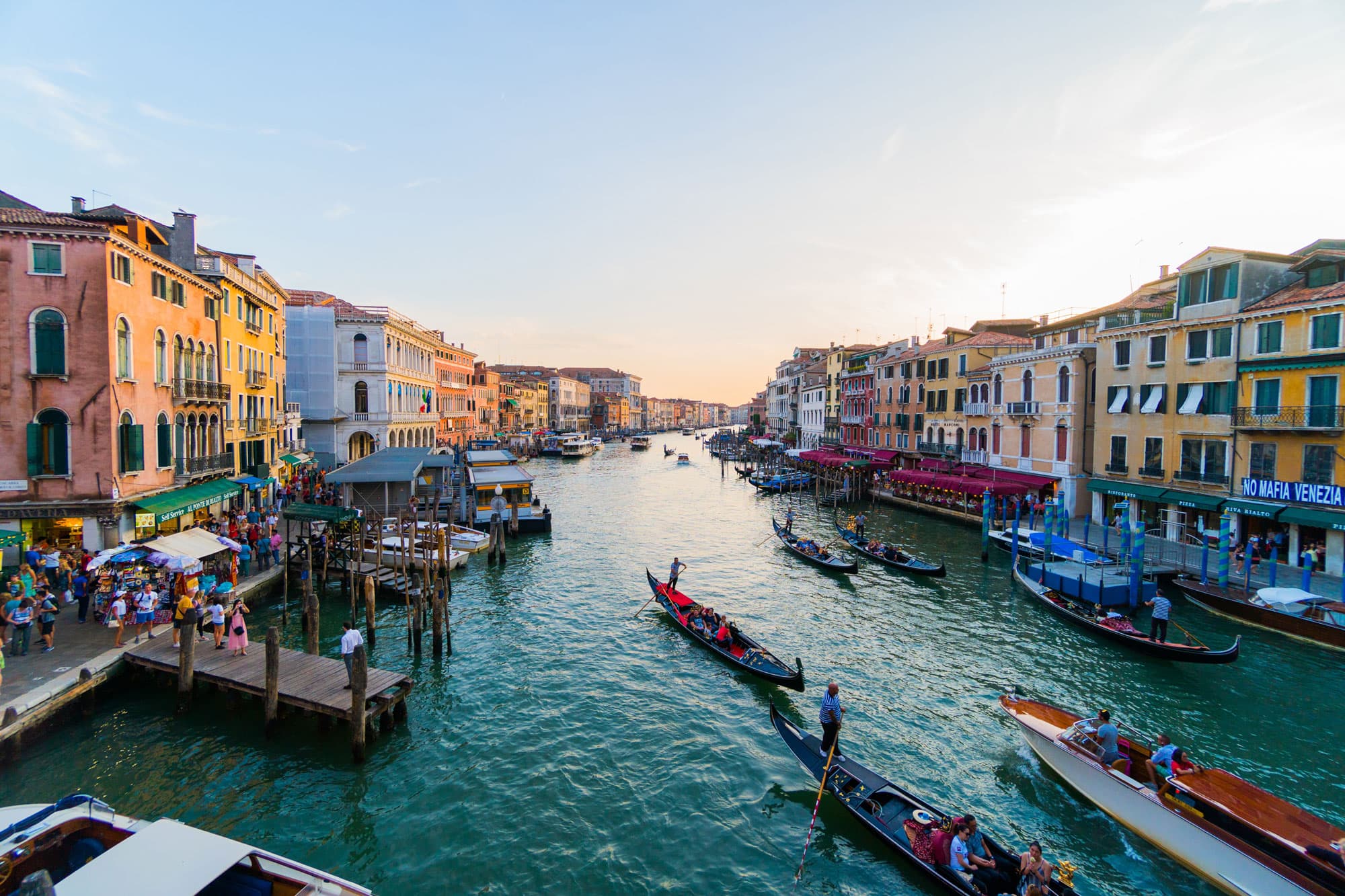
Visitors experience overtourism as well. It’s that sinking feeling of visiting a town that’s been stripped of what made it special in the first place. Mom and pop shops replaced by chains; getting inadvertently battered by selfie sticks and huge strollers as you try to soak up an iconic site.
Overtourism is the notion that the quality of life, ecology and/or the experience of a place has deteriorated unacceptably due to too many visitors. Often both locals and tourists experience the deterioration concurrently.
It’s hard for tourists and locals to find that perfect equilibrium. In some places, tourism brings in gobs of money. Take Thailand for example. Tourism makes up for nearly 20 percent of the country’s GDP (average for most countries? Nine percent!). For years, locals made an excellent living bringing tourists to Phuket beaches… which ultimately led to massive destruction of coral reefs. Today, many iconic Thai islands are now heavily monitored or completely off limits to tourists. 80 percent of the coral reefs in the area have suffered damage. Thailand created strict rules for tour operators, designating when, where, and how to visit the islands.
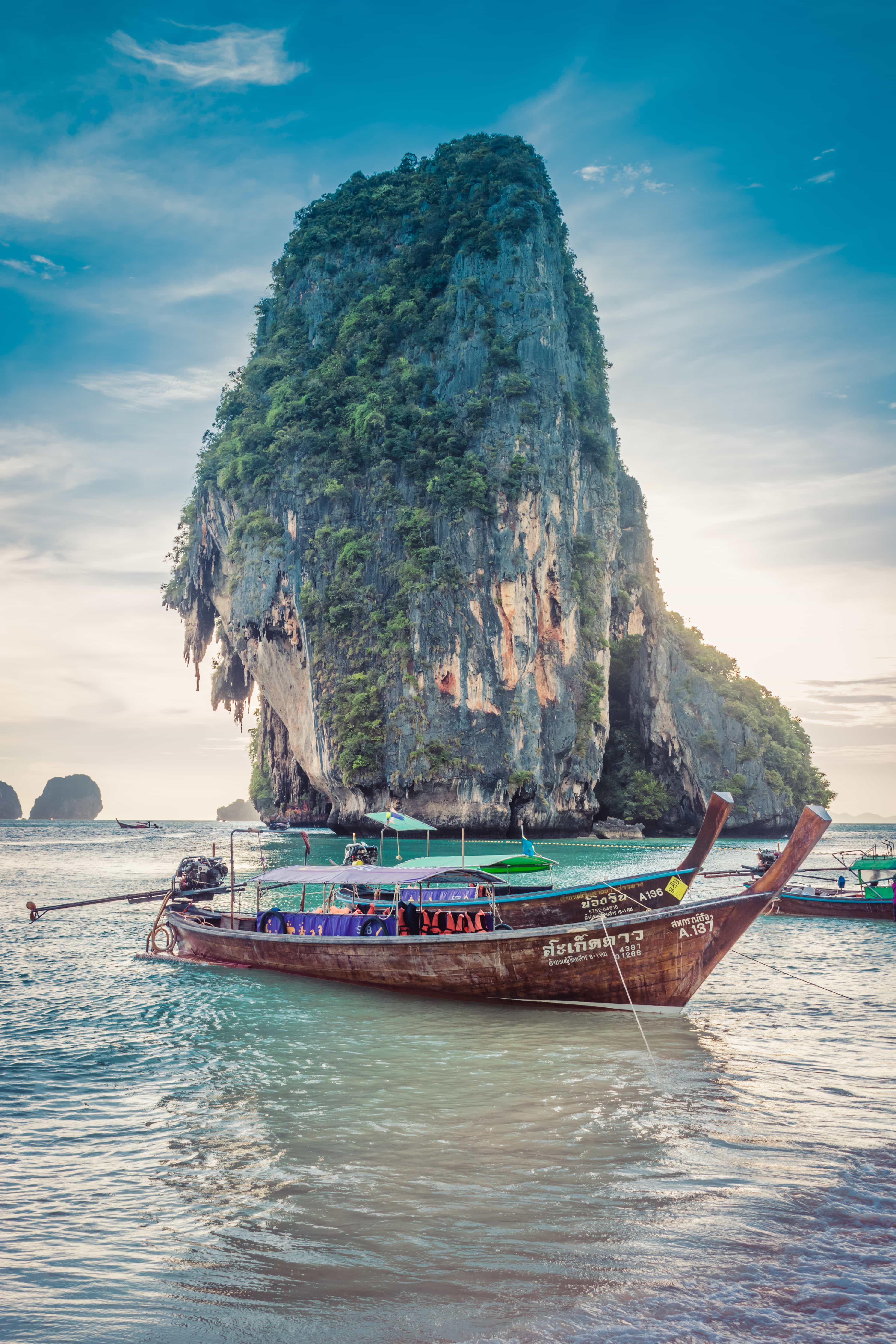
So, who is responsible for ensuring responsible tourism: locals or tourists? I say it’s both. As a traveler, I always try to do my part.
Here’s a few ways you can be a more ethical tourist.
Venture off the beaten path.
Yes, everyone wants a photo of themselves swimming in Iceland’s Blue Lagoon or atop a Rialto bridge in Venice. Visitors flooding to the same place puts tremendous pressure on infrastructure.
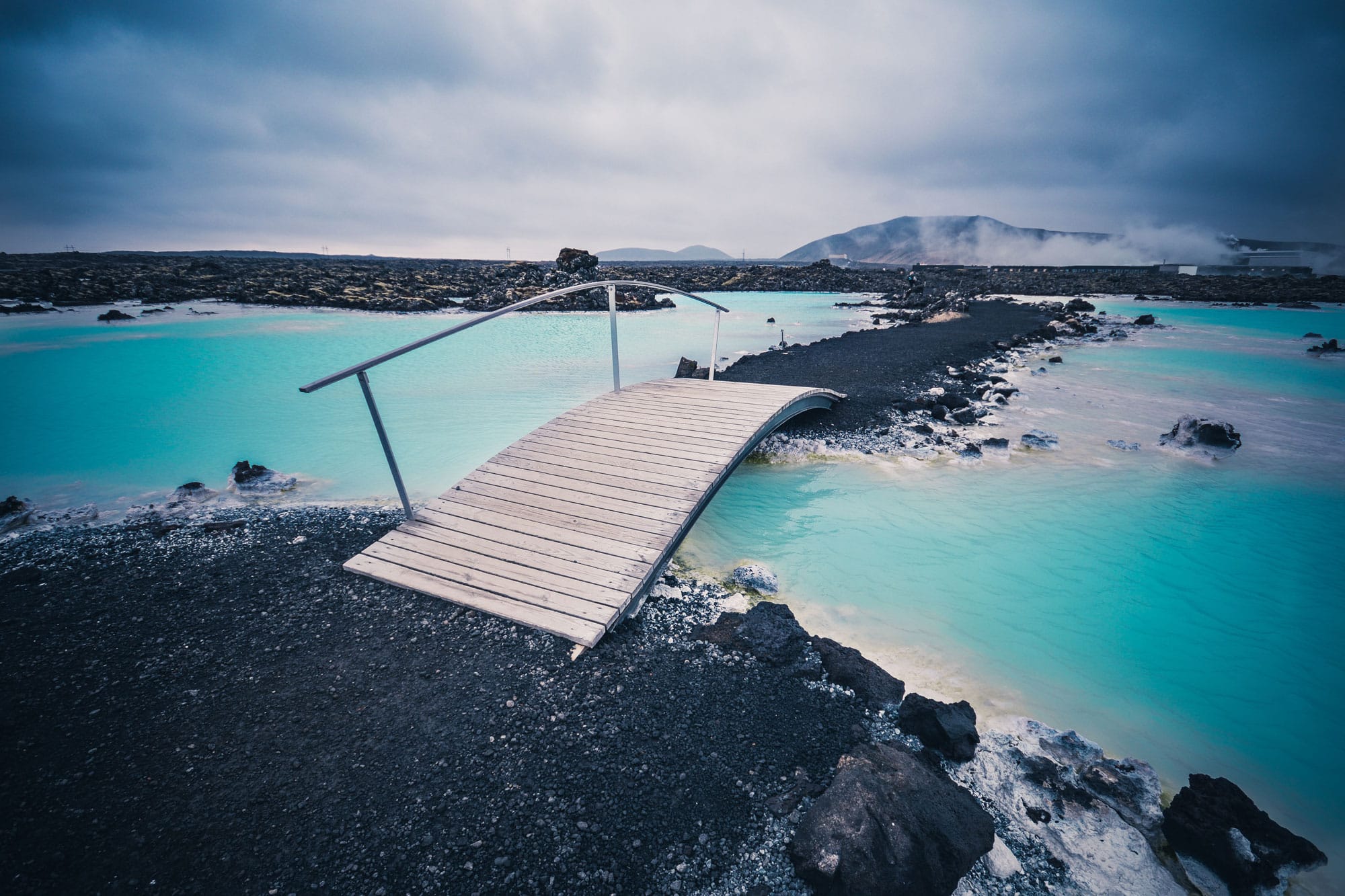
I’m not going to tell you to skip all the tourist-y stuff, but stop thinking of a place as a checklist of “sites you must see.” Instead, focus most of your energy on exploring. Venture off the main thoroughfares and into lesser-known neighborhoods. Stop relying on guide books and go with your gut. Trust me, you will find the best places this way!
Get to the bottom of your travel priorities.
There are a few places that are currently getting battered with overtourism, including Paris, Rome, Phuket, New York City, Iceland, Amsterdam and Dubrovnik (just to name a few!). If you’re considering traveling to any of these places, ask yourself why. If you’re mostly excited about French food and wine, could a trip to Provence or even Brussles fit the bill? Want northern lights? Why not consider Norway instead of Iceland? Sometimes only the real thing will do, but a substitute might end up being more fun than you ever imagined.
Consider traveling in the off season.
Not only will travel be less stressful and crowded, but you’ll probably get excellent deals on hotels, cars, tours and more. Also, locals will be more willing to chat with you and offer suggestions.
Do your research.
Overtourism doesn’t just mean a place is “too crowded.” It could mean that tourism drives behaviors that are unsustainable or harmful. With the internet at all our fingertips, there’s no excuse for not knowing the ramifications of our actions. A simple Google search will tell you how a giant cruise ship affects Venice’s main port, where to find ethically made tapestries in India, or how to get your up-close-and-personal encounter with Thailand’s elephants without inadvertently supporting animal cruelty. You can do it, and to be a responsible tourist, you must.
Buy local.
Locals are sharing their home with you. If you’re going to drop some cash on souvenirs, try to buy locally. Not only will you go home with a unique painting or piece of jewelry, you’ll be supporting the local economy. Same goes with restaurants and coffee shops. Skip the you-know-what-Bucks and get your cuppa joe from Joe.
Leave no trace.
Did you hear about the artist who painted murals at numerous national parks and posted the images on social media (it’s a federal offense, people!)? Or visitors etching their names into the bunks at Auschwitz? How about folks who leave Hawaii with sand or volcanic rocks?
Nope, nope, nope, just don’t.
Respect these places to preserve them for generations to come. I know I sound like your mom here, but if everyone takes a rock, eventually there will be no rocks left. And PS did you know legend has it that any visitor who takes rock or sand away from the Hawaii islands will suffer bad luck until they’re returned? I’m not even tempted to mess with that one!
Know the rules and follow them.
Stay in the good graces of the locals by understanding the rules. Some places—especially religious sites—require more conservative attire. Don’t make a stink, just abide. If a sign says don’t feed the seagulls or pigeons, don’t do it! If you’re supposed to stay off the grass, stay off the darn grass!
It’s not about you.
In August of 2017, Dubrovnik, Croatia passed legislation capping visitors to its medieval walled city at 4,000 per day. Does it totally suck to get your dream travel destination, only to realize you can’t get in? Yes. On the flip side, this city didn’t tough it out through centuries of war just to fall at the hands of tourists with selfie sticks.
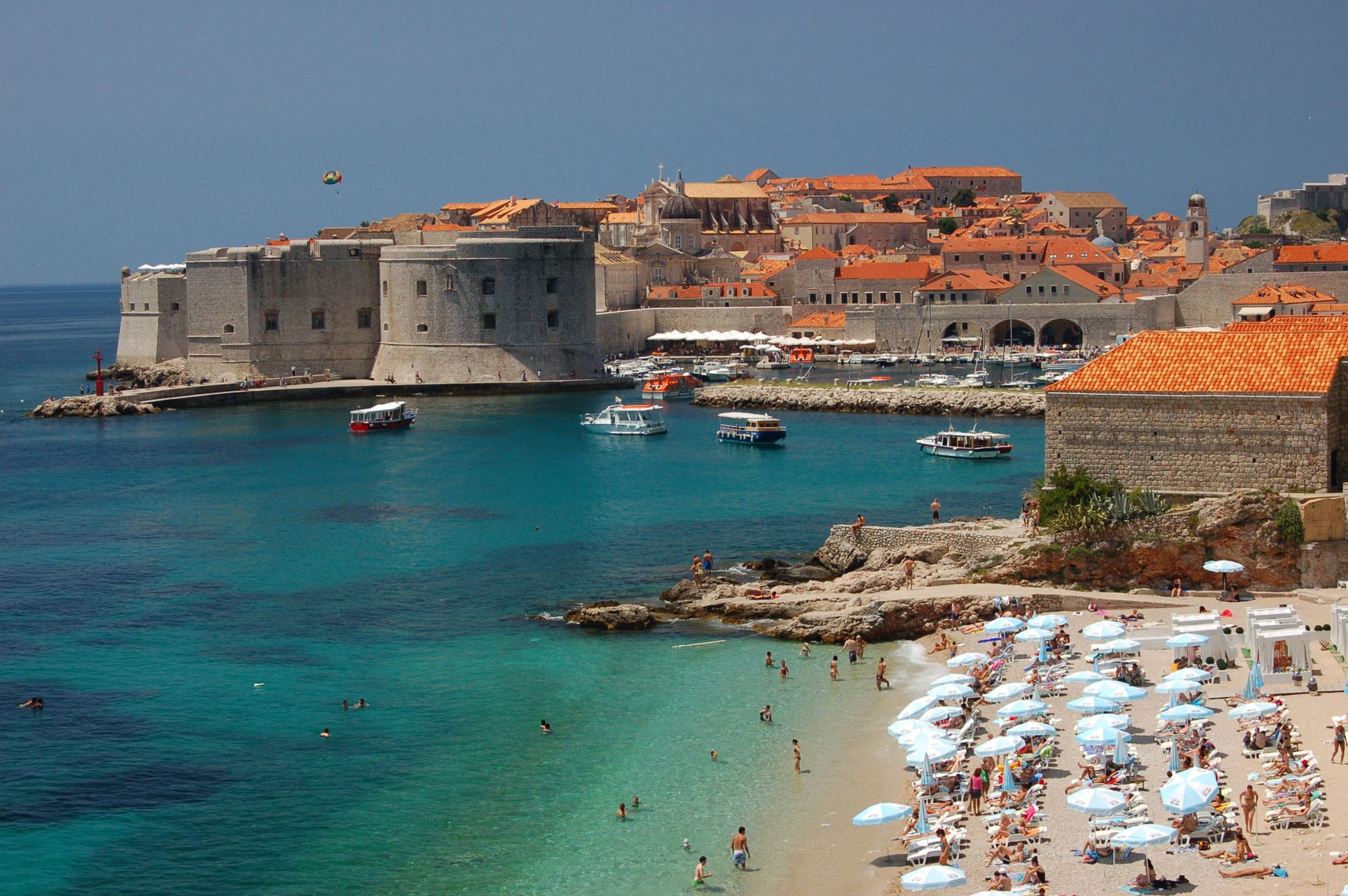
When you know a place is popular, do your homework before you go. Support businesses that consider the ramifications of heavy tourism—whether it’s your hotel, restaurants, shops or tours. And if the location you’re dying to go to is sold out or under construction, just breathe and think about the big picture.
Remember, people live here.
It’s easy to get lost looking at New York’s towering skyscrapers or beneath the twinkling lights of the Eiffel Tower. However, people live here. Don’t just stop in the middle of the sidewalk, or amble at a snail’s pace. Pull over and let people who need to get somewhere pass. Be nice, respectful and mindful.
Do you think about overtourism when you travel? How does it drive your decision making?
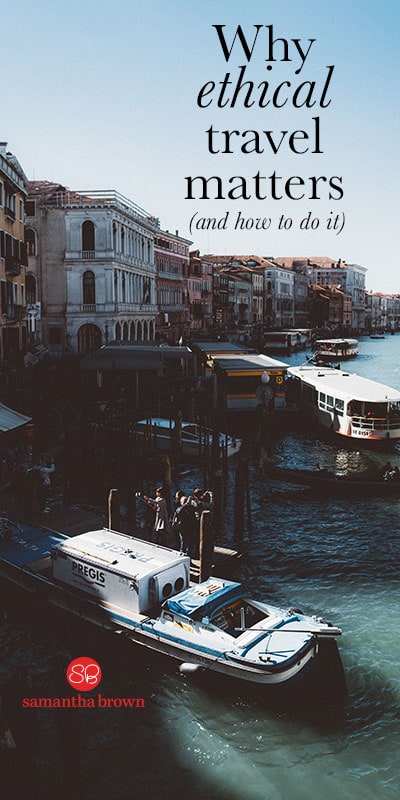
This Post Has 23 Comments
Leave a Reply

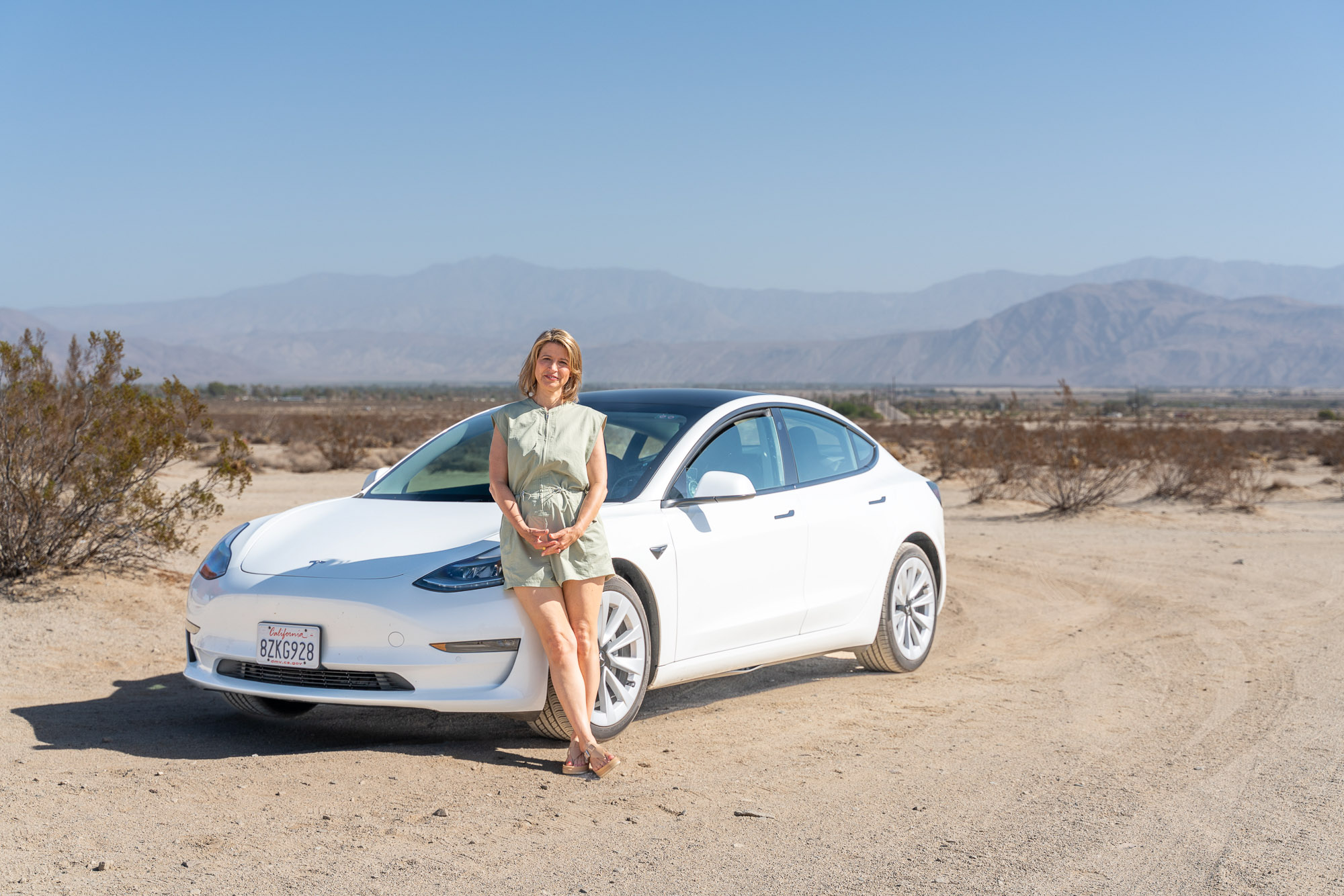
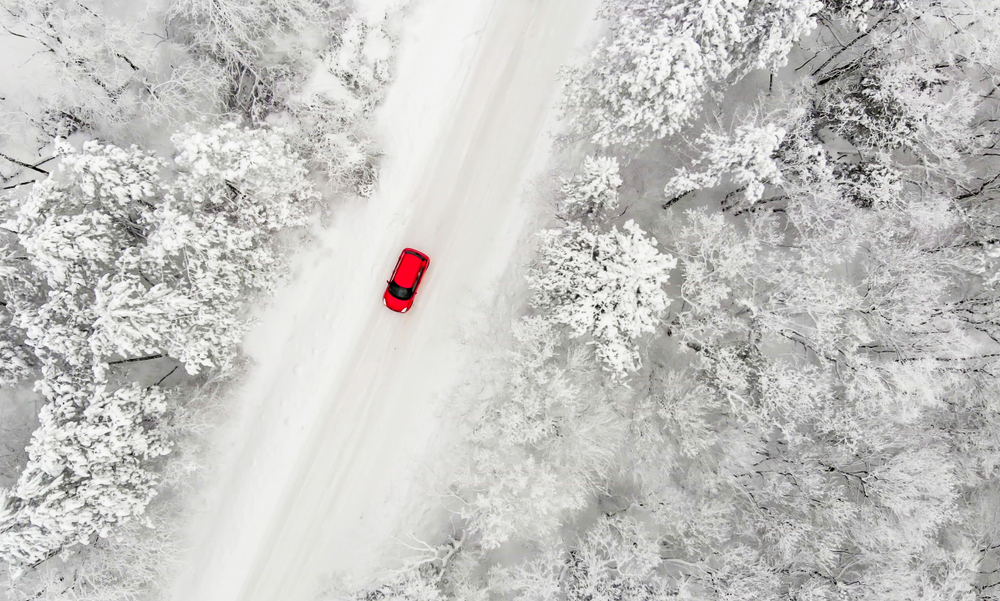
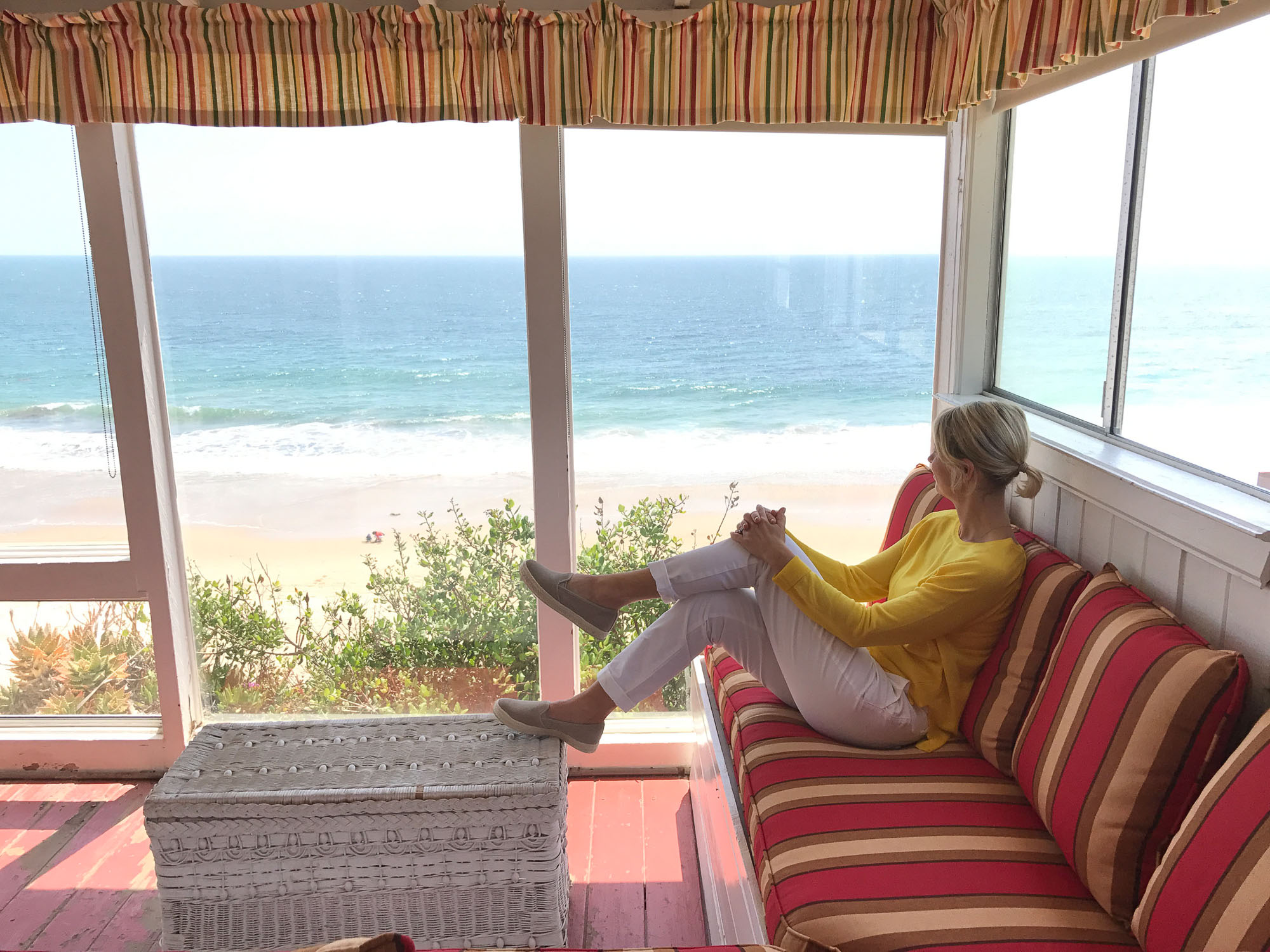
I am in Naples and not seeing my tourists. Most tourists pass through on their way to the Amalfi Coast or to visit Pompeii. I had great joy visiting Museums with amazing work to rival Rome or Florence.
Thank you for this article and confirming what I believed all along. I planned a trip to the western states this past summer. Debated long and hard on whether to go to the south rim or north rim of the Grand Canyon. Chose the lesser visited north rim. In the middle of July, drove right in with no wait and walked right up to the canyon!! It’s beautiful either way and still the same canyon!! Still don’t regret not going with the crowds.
Absolutely, my wife and I always think about over-tourism when we travel. Therefore, we never travel during the peak seasons late June through September’s – Labor Day, because it’s vacation time for families including children and pets – – also, college back-packers. Additionally, rates for flights, bus, train travel, accommodations, restaurants are costly. Furthermore, it’s summer where most places are hot and humid that makes uncomfortable weather in a big city like Rome and Manhattan. So, we plan our travel after Labor Day in September through November. The weather is cooler, prices drop, family vacations are over, schools, universities and colleges are back in session.
I agree that “shoulder season” is great, however, family and work schedules often dictate that foreign travel can only be taken during Summer months.
I am happy to see this article Samantha! Our earth is for us to keep in good standing for all.thank you for all that you do for all of us!!
We also travel “off season” whenever possible. We hate hot, humid weather and crowds. So March/April and October/November are our choice months for travel to Europe, a beloved destination, and we try to visit there yearly. Don’t care if it’s rainy or cold, we are from the frozen north and know how to live with that. I did like Sam’s suggestion about Norway vs Iceland. Spouse wanted Iceland because he thought there were active flowing volcanoes to see. But we’ve been up close and personal to Kilauea, one of the most active volcanoes in the world, and not over touristed. Big Island of Hawaii is so interesting, and far less “busy” than the other islands. Iceland is extremely expensive now since it’s a “hot” destination, so not a great travel value. I’d much rather visit Norway, having read a lot of literature about their seafaring and exploring tradition, and that excites me. We also found bliss in the Scottish Highlands, practically had the place to ourselves, and during shoulder season in Tuscany, Austria, Switzerland and during many trips to France, when the pace of life is slower and people actually enjoy interacting since it’s less busy.
I have to agree with you and the other comments. My husband and I have never taken a “Summer” vacation for so many reasons. The first is because of the crowds, I just don’t find any destination enjoyable when you are trying to sift through a plethora of people. Secondly, because of the weather. While I love Paris, I will never go in the heat of summer…it is such a romantic and beautiful city when most tourists are gone. I also found the locals to be so nice when others have said how rude they are. I experienced rude American tourist in Paris and I was so embarrassed by it….we, Americans, really need to get over thinking that we are the best, not everyone believes it and we should respect shop owners in other countries because for a lot of them it is an extensions of their home. We went to the Scottish Highlnds a couple of years ago in October and it was just the most beautiful place ever (of I’m a little biased since it is my heritage). Very few tourist were ther and how wonderful that was. Got to see some small quaint towns and fell in love with Scotland. This year I hope to fall in love with Ireland.
Such a timely article! We were in Santorini last week and it was a nightmare. Crowds were horrible and I wondered if we tourists were helping or harming that lovely place. I think harming it.
well as you have read from the article, you need to stop thinking a place as a checklist to see. Santorini is famous but there are hundreds of other islands in Greece that are more beautiful and not so crowded.
This also applies to U.S. destinations. We were on an Alaska cruise several years ago when we learned an important lesson: make sure to bring everything you need with you, such as spare batteries, toiletries, etc. Oftentimes three or more cruise ships are docking at the same time, swarming through these small Alaskan towns, and sometimes overwhelming the local “mom & pop” stores with purchases of toothpaste, etc. These items are meant for the locals, not tourists. These goods have to be shipped in and if tourists wipe out the supplies, the shelves could be bare for quite a while.
My wife and I babysit our grandchildren 9 months of the year and only get time off when our teacher sons and daughters are out of school in the summer. As a result, we can only travel in the summer. Off season would be nice but not possible. Otherwise, we agree with many of the suggestions.
Thank you, Samantha, for writing about this important topic. Since 1976 I live in the Monterey Bay area, which is heavily impacted—for better and for worse—by tourism. My volunteer work since 2009 is focused on encouraging visitors, and locals, to ride a bicycle, or to use a bike-and-ride option (e.g., https://bit.ly/bikeandride) whenever their stamina and schedule allow. A 20-section guide, “Tips for Bicycling Monterey County” (https://bit.ly/BikeMRY) and the entire Bicycling Monterey website feature lots of tips relevant for biking in other locations too.
Among Bicycling Monterey’s numerous public service projects is the HER Helmet Thursdays Project—Hotels, Educational & Entertainment spots, Restaurants, and related places all helping HER / Mother Earth by encouraging people to bike by offering 10-50% discounts on Thursdays year-round. BYOB (bring your own bike) or rent a bicycle in Monterey County (https://bit.ly/BicycleRentals). The project could be done anywhere: https://bit.ly/HHTgoals. For people visiting Monterey County, here’s a list of hundreds of discounts in 19 Monterey County communities: http://marilynch.com/blog/wp-content/uploads/HER-Helmet-Thursdays-Guide-8th-Anniversary-Edition-Participants-as-of-30-Nov-2017-2.pdf. Happy biking!
I know all about it. We live in Tampa. We have to plan our outings around snowbirds, spring breaks, and summer tourists. There are many places we avoid depending on the time of year.
Thank You Samantha. We often forget most cultures do not share the informal style most Americans exhibit. I spent 15 years at sea cruising around the world. In my day the global cruise fleet was maybe 2 or 3 dozen ships. Most carried 300-800 passengers. Yet visiting a small port seemed overwhelming with what was mostly well heeled travelers as those cruisers hurried ashore.
Today we have massive floating communities which can be more than just a substantial portion of the port’s population, it can exceed it. Further, being in port as a sole vessel is a rarity. It can be stunning to see such masses descend upon a once peaceful port. I wrestle with this. I still love to cruise. It is a big part of who I am. But I see so little effort made by the common cruise traveler to be gracious, be appreciative and be respectful to the places they visit. Yes the ships bring tremendous revenue to the ports they visit, but it is at a cost. I can remember a salmon cannery greeting us in Ketchikan where now is a diamond shop. And now pseudo ports are developed to replace the actual port of call. You are no longer are greeted by local guides in the local open air market, but instead funneled into a mall of merchants who quarantine the cruise traveler from the real port experience in it’s sanitized Disney-esque retail processing center. To what degree are the cruise products buying out the ports and to what degree are the ports selling out to the cruise products? I do not know where it will go. But I do know that we as travelers owe the ports we visit a the courtesy due to a stranger inviting us into their home.
Anything in excess is never good, Tourism included.
Maybe tourism authorities and we as frequent travellers can consider off-season travel & vacation to spread out tourist visits year round. Tourism authorities can partner with stakeholders ie resorts, airlines, hotels, etc…and market promotions with cheaper rates to entice travellers, who n turn, win with way less expensive air fare, hotel billeting, car rentals, resto dinners, activities etc…
With tourist arrival spread out through the year, the destinations can easily cope with manageable number of visitors, lower environmental impact, giving time for everything to regenerate. More sustainable.
Those tips are all simple common sense but tourists simply act like they got a free pass when they travel abroad!
I ALWAYS travel to Europe in February orMarch. There are still plenty of tourists but nothing like high season. It’s cheaper and the weather in Europe during this time CAN be beautiful. Last year in Paris it was bitter cold, but I live in Minnesota. So much easier to navigate everything in the off season. Plus I hate hot and humid so a I am home in the summer!
OMG YES! In the US too! I’m from Southern Maine. (Samantha you know this. You’re from Portsmouth.) We avoid RT 1 during the summer and the beaches. Locals can’t even enjoy their beaches or drive near them. It’s getting the same with our lakes. The traffic is rediculious! Hour to drive 5 miles. People just stepping out in front of you, walking in the streets, stopping and taking pictures. Driving VERY slow taking pictures. Ughhh. You can’t do every day things it’s a chore to get groceries. So many people shopping. So many people everywhere! And it’s just getting worse and worse. Tourists are not considerate either. Driving they don’t let people in from side streets. They cut you off. They honk and yell. They leave trash everywhere. Cigarettes butts on the beaches (which don’t disappear with time. Someone has to pitch them up.) Our way of life is put on hold during tourist season. You try to flow with it…but sometimes it’s too much. I can’t imagine places like you’re talking about. I feel bad for the locals. Come on people! Consider the locals. You don’t own the WORLD!
Hello Samantha
You have been an inspiration I would love the chance to talk a fellow Brit with a passion fit not just the world but especially Afrixa. I have what I consider a brilliant idea and would like to share it with you. Being mindful is paramount when going on Safari. If this resonates please reach out.
Travels with Sara
927 346 8683
I love off-season travel, staying in locally-owned hotels, and finding ways to minimize impact (using public transit, for example). The pandemic showed us the importance of tourism to many local economies, but I believe we can all do it in a way that leaves a place as good as (or better) than we found it.
As a traveler and a travel writer, I keep overtorism in mind. I love traveling during the shoulder season. I also write about smaller places that are near more well-known cities. You’ll rarely see information about Paris or NYC on my site. When I write about Orlando (for example), it is about mom &pop restaurants and never about theme parks. Smaller towns are usually where the authenticity is!
I totally agree and practice.
Go watch the new movie The Last Tourist. It embodies everything mentioned above.
Samantha, you are so on target with this article, and the forum. The world, as we know it is full of wonderful people who can travel. There are many more than what there used to be, so pick your agenda knowing that there will be crowds we’re ever you go, unless you listen to what Samantha is suggesting. Please listen, as going to Iconic locations with thousands of people will only leave you disappointed…very disappointed. Best of luck to all.